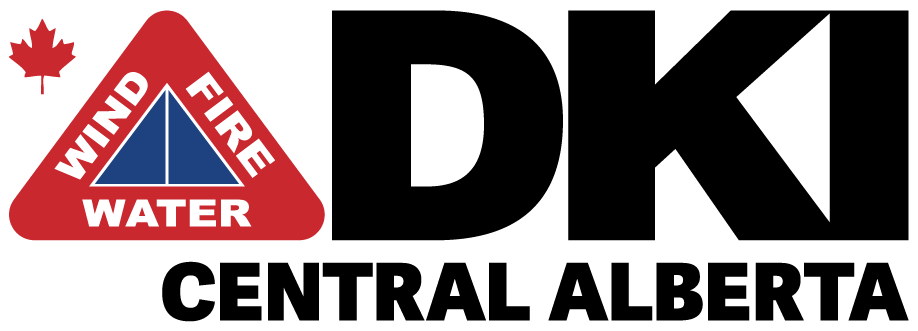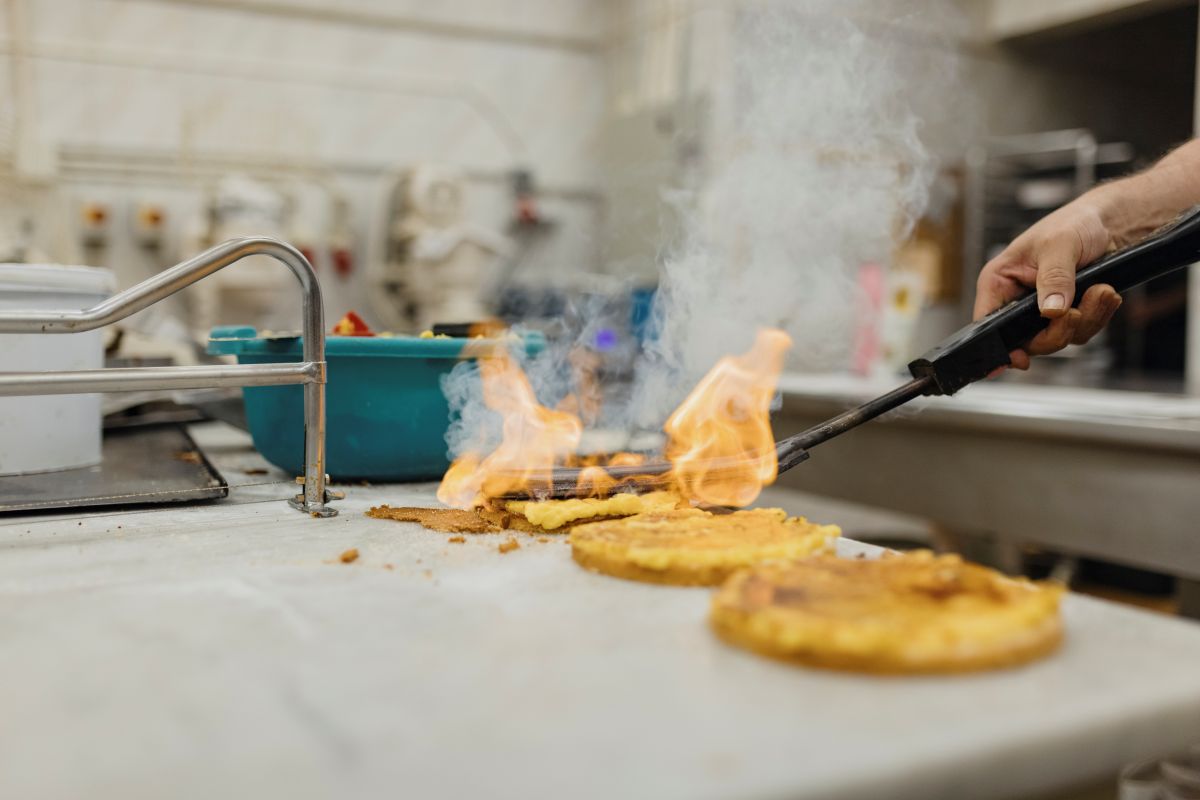Table of Contents
- Introduction
- Cooking-Related Fires
- Heating Equipment
- Electrical Fires
- Smoking Indoors
- Candles
- Dryer and Laundry Fires
- Flammable Liquids
- Barbecues and Outdoor Grills
- Children and Fire Curiosity
- Faulty Appliances
- Christmas Trees and Decorations
- Lightning Strikes
- Arson
- Power Surges
- Poor Housekeeping
- What to Do After a House Fire
- Why Choose DKI – Central Alberta
- Final Thoughts: Prevention is the Best Protection
Introduction
A house fire is one of the most devastating events a homeowner can experience. Aside from the immediate danger to lives, the resulting fire damage, smoke damage, and destruction of property can be overwhelming. At DKI – Central Alberta, we provide professional disaster restoration services throughout Central Alberta, including Red Deer, Lacombe, Sylvan Lake, Stettler, Bowden, and Penhold. Our mission is to restore homes and peace of mind.
This guide explores the top 15 most common causes of house fires, how to prevent them, and what to do if one occurs. Educating yourself can significantly reduce the risk of fire in your home.
1. Cooking-Related Fires
Why It Happens
Cooking is the leading cause of residential fires in Canada. Grease fires, unattended cooking, and flammable materials near heat sources are frequent culprits.
Prevention Tips
- Always stay in the kitchen while cooking.
- Keep flammable objects away from the stovetop.
- Install a smoke detector near the kitchen.
- Have a fire extinguisher nearby.
Quick Tip
Smother grease fires with a lid or baking soda—never use water.
2. Heating Equipment
Why It Happens
Improper use of space heaters and heating systems, including fireplaces and wood stoves, can result in fire hazards.
Prevention Tips
- Keep heaters at least 3 feet from flammable materials.
- Never leave space heaters unattended.
- Get annual maintenance for chimneys and furnaces.
3. Electrical Fires
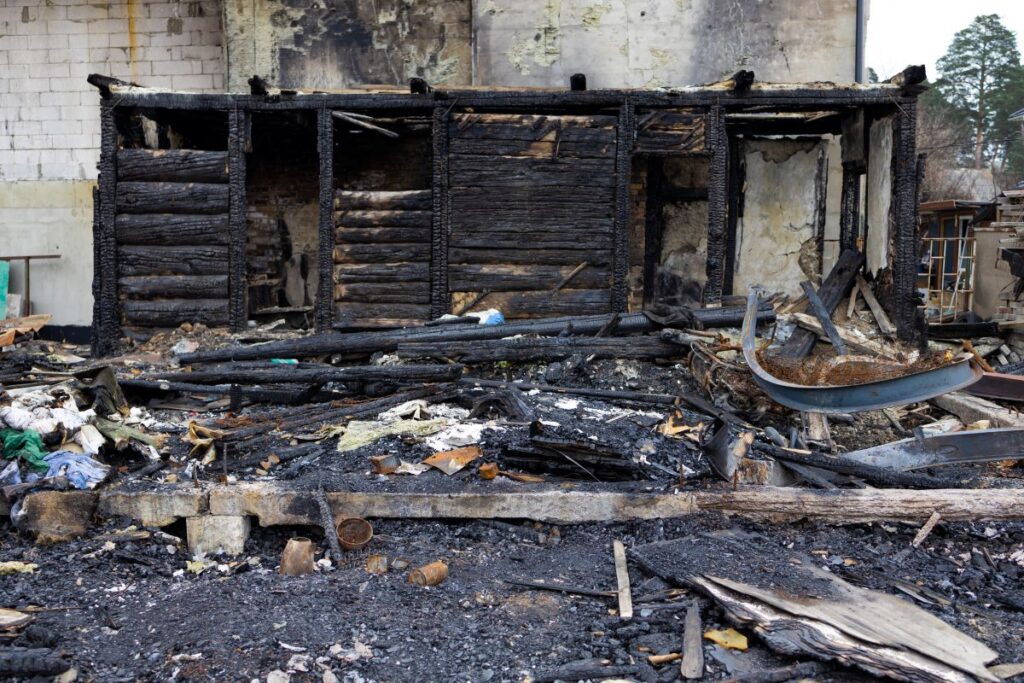
Why It Happens
Outdated wiring, overloaded circuits, and improper use of extension cords are key contributors.
Prevention Tips
- Avoid overloading outlets.
- Use certified surge protectors.
- Replace frayed cords.
- Hire professionals for inspections.
Warning Signs
Frequent blown fuses or flickering lights may indicate electrical problems.
4. Smoking Indoors
Why It Happens
Carelessly discarded cigarettes and falling asleep while smoking are major fire risks.
Prevention Tips
- Smoke outside.
- Use sturdy ashtrays.
- Never smoke in bed.
- Make sure cigarette butts are fully extinguished.
5. Candles
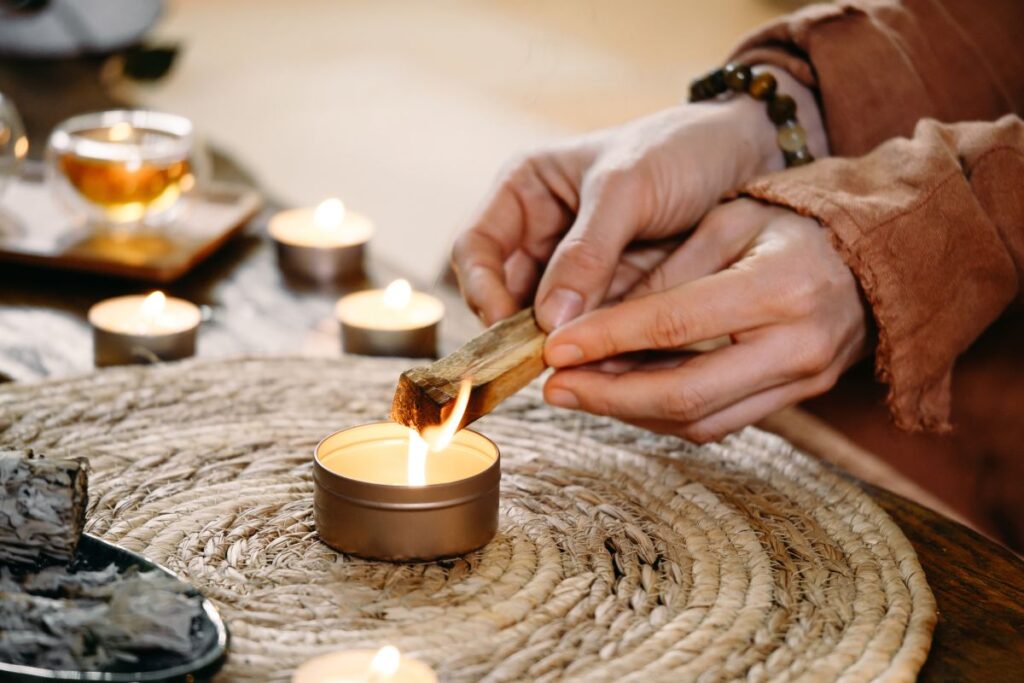
Why It Happens
Unattended candles or those placed too close to flammable items often start fires.
Prevention Tips
- Keep candles away from anything that can catch fire.
- Use stable, tip-resistant holders.
- Don’t leave a room with a candle burning.
- Consider flameless LED alternatives.
6. Dryer and Laundry Fires
Why It Happens
Lint buildup or faulty dryers can cause fires due to overheating.
Prevention Tips
- Clean the lint trap after every use.
- Inspect the dryer vent regularly.
- Don’t overload the machine.
7. Flammable Liquids
Why It Happens
Improper storage of gasoline, paint thinners, or solvents can lead to vapour ignition.
Prevention Tips
- Store liquids in approved containers.
- Keep them away from heat sources.
- Use only in ventilated areas.
8. Barbecues and Outdoor Grills
Why It Happens
Improper setup or use of grills close to structures can cause flare-ups and house fires.
Prevention Tips
- Grill outdoors, at least 10 feet away from the home.
- Clean after each use.
- Check for propane leaks.
9. Children and Fire Curiosity
Why It Happens
Children experimenting with fire or playing unsupervised near heat sources can cause accidents.
Prevention Tips
- Educate children about fire safety.
- Store matches and lighters out of reach.
- Supervise children closely.
10. Faulty Appliances
Why It Happens
Older or malfunctioning appliances may overheat or short-circuit.
Prevention Tips
- Replace defective appliances.
- Avoid overusing extension cords.
- Look for CSA or ULC certified appliances.
11. Christmas Trees and Decorations
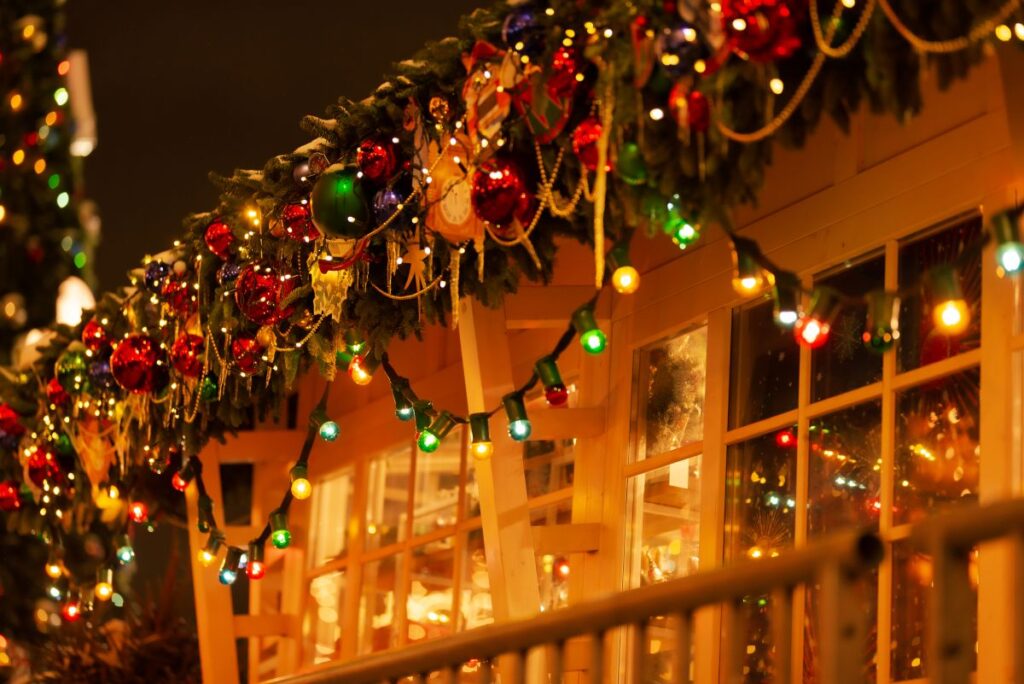
Why It Happens
Dry trees and overloaded light sockets are major hazards during the holiday season.
Prevention Tips
- Keep trees well-watered.
- Use LED lights.
- Turn off decorations when unattended.
12. Lightning Strikes
Why It Happens
During storms, lightning can hit homes directly, starting fires in roofs or attics.
Prevention Tips
- Install a lightning rod system.
- Unplug electronics during severe weather.
13. Arson
Why It Happens
Unfortunately, intentional fires are still a risk in many communities.
Prevention Tips
- Install security lighting and cameras.
- Lock outdoor storage areas.
- Report suspicious behavior.
14. Power Surges
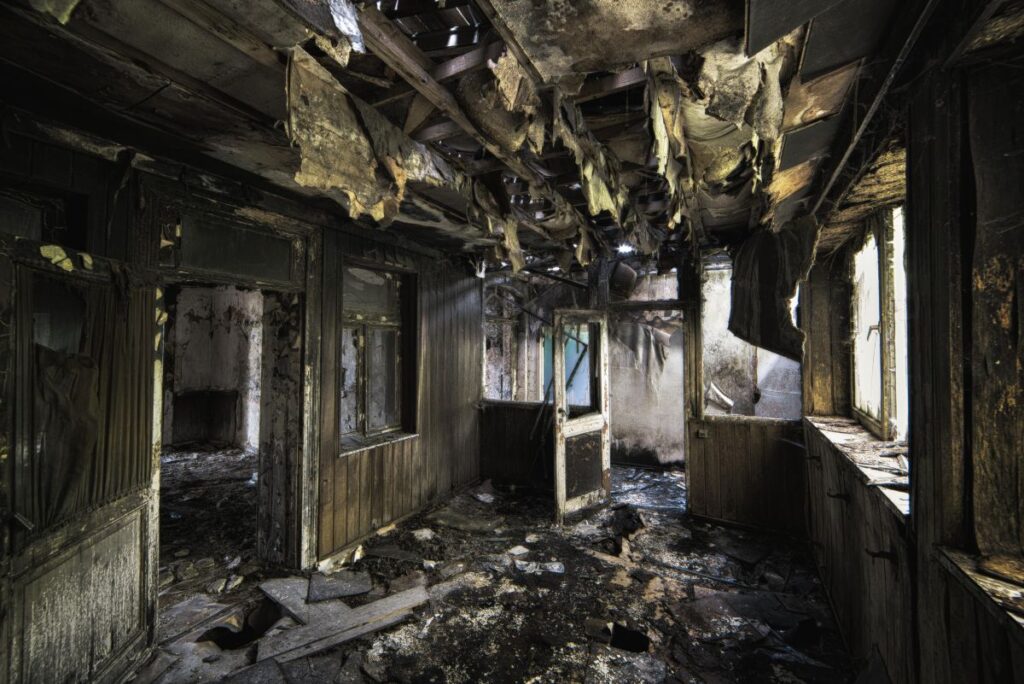
Why It Happens
Grid failures or lightning can cause spikes in electrical current, leading to overheating and fire.
Prevention Tips
- Use surge protectors.
- Disconnect devices during storms.
15. Poor Housekeeping
Why It Happens
Cluttered areas filled with paper, fabric, or dust can become fuel for accidental fires.
Prevention Tips
- Reduce clutter regularly.
- Store items in safe, dry areas.
- Keep storage spaces ventilated.
What to Do After a House Fire
Immediate Steps
- Get to safety and call emergency services.
- Do not re-enter the property until cleared by officials.
- Contact your insurance provider.
- Call DKI – Central Alberta for professional restoration support.
We handle fire damage, smoke damage, and contents restoration to help you recover quickly.
Why Choose DKI – Central Alberta
As part of the national DKI Canada network, we bring local expertise with national resources. We offer:
- 24/7 disaster restoration response
- Certified fire, smoke, water, and mould restoration
- Asbestos abatement and remediation
- Contents cleaning and full property restoration
Serving Red Deer, Lacombe, Sylvan Lake, Stettler, Bowden, Penhold, and the rest of Central Alberta.
